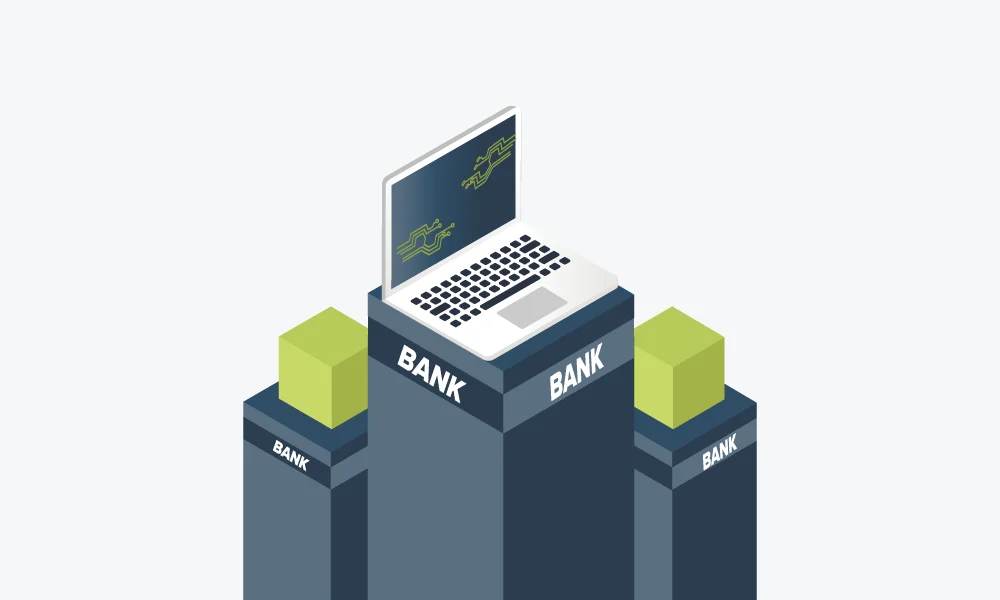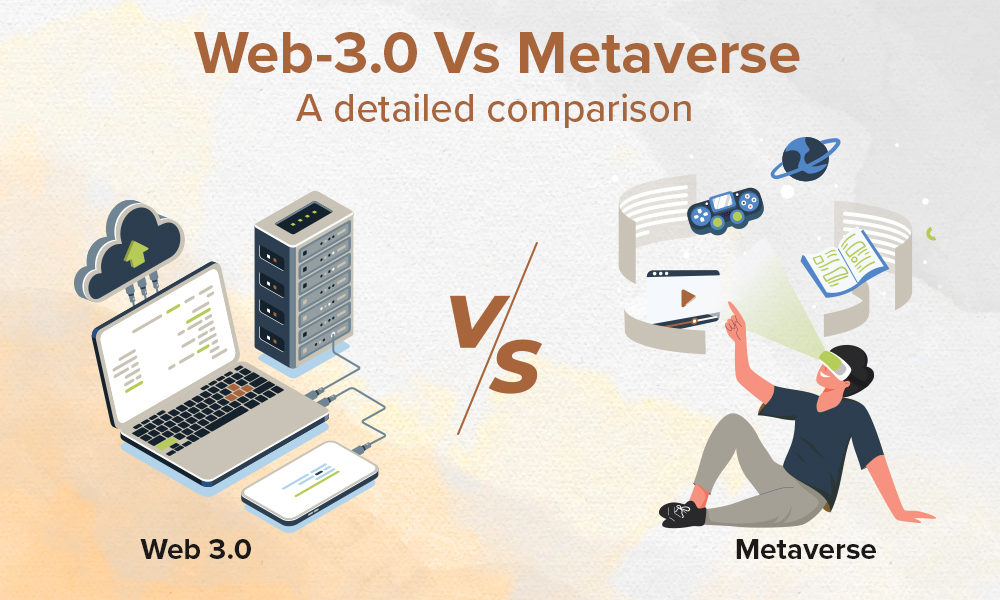Blockchain technology, even in its infancy, has disrupted the banking and finance sector. Various features like immutability, transparency, and decentralization make the technology immensely fitting for various industries and markets.
Talking specifically about banks, billions of money is transferred from one region to another every day. These transfers need to be fast, secure, and transparent as well as cheaper. Blockchain technology offers a high level of security when it comes to exchanging funds, data, or anything that has value. It allows banks to take advantage of the transparent network along with the low operational cost. These features make blockchain a reliable and promising solution for the banking industry.
Blockchain has the potential to solve a lot of problems that banks face today. Here are some services that blockchain can disrupt:
Money transfer – By establishing a secure and real-time distributed ledger, blockchain could facilitate faster and cost-effective payments. Moreover, as the distributed ledger would be immutable, transactions will become secure and immune to hacks.
Cross-border remittance – Blockchain can speed up and simplify cross-border payments, making remittance faster, affordable, and secure.
Security trading – By tokenizing securities such as shares and bonds, blockchain could create a more transparent and interoperable market where people can invest from around the world.
Loans and credits – Blockchain can offer a trusted platform for lenders and borrowers eliminating the need of central authorities and intermediaries. As blockchain is immutable and almost unhackable, transactions will become secure and transparent.
KYC – With blockchain, identity verification of users completed by one bank would be accessible to other banks on a distributed ledger, so that the KYC process doesn’t have to start again.
Trade finance – By replacing the tedious, cumbersome, paper-heavy processes in the trade finance industry, blockchain can create a transparent and secure network for trade parties globally.
Riding the blockchain wave
Though industries were afraid of exploring blockchain due to its complex nature, the scenario has changed now. Observing the wide-ranging implications of technology, banks are constantly exploring ways to apply blockchain to transform current services.
Big names like JP Morgan Chase, Berkshire Hathaway, Wells Fargo & Company have dedicatedly placed their faith in the future of blockchain. A consortium of financial firms including Barclays, Nasdaq, ING, and others have invested $60 million into a new company, called Fnality International, to utilize blockchain for settling cross-border trades.
Another big name in the line is Goldman Sachs. The company has invested in Circle – a project that aims to solve key problems of volatility in the digital currency space. The project is considered as amongst the most well-funded startups in the blockchain landscape.
Recently, Alior Bank, a major bank based in Poland, has reportedly developed a blockchain solution to authenticate its clients’ documents using Ethereum – a public blockchain.
Payment giant Visa, alongside other prominent names such as PayPal, Lyft, and Uber have invested $10 million each in Facebook’s soon to be launched blockchain-based coin, Libra.
The way ahead
Blockchain has a bright future in the banking sector. It can not only reduce the time and cost of operations but can also facilitate the development of innovative services to boost new revenue streams.
However, despite its popularity and applications, banks and financial institutions have struggled to adopt blockchain. Key challenges include proper understanding of the complexities, scaling blockchain for commercial application, and regulatory uncertainties.
That said, blockchain still remains a new world for many banks, and it isn’t easy to adopt even for established institutions. The biggest key to turning blockchain’s potential into reality would be a collaboration between banks and technology experts. Banks need to analyze the bigger picture and work together with Fintechs and technology companies to disrupt traditional services and support the global banking system.



.jpg)
